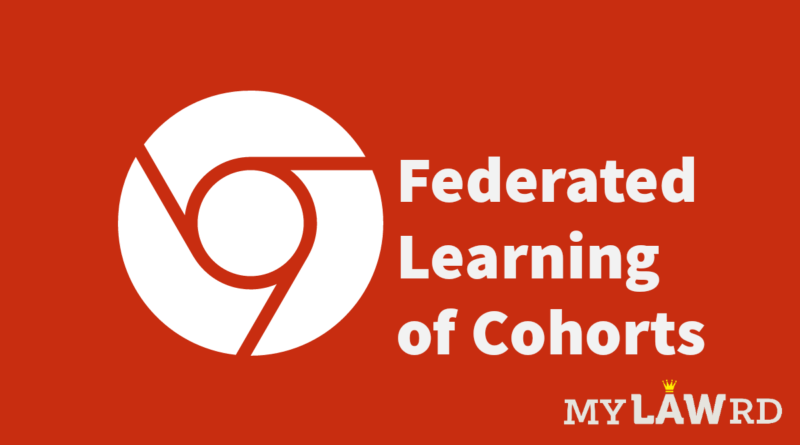Google rolls out FLoC based ads for Chrome Browser
On 30 March, Google announced rolling out of Federated Learning of Cohorts (FLoC) for chrome browser as a developer original trial. FLoC is a part of the new “Privacy Sandbox” framework. It aims at maintaining anonymity by opting foe less intrusive methods for targeted ads.
In the first week of March, Google announced that it will stop selling ads based on tracked individual browsing history. Instead, it will replace third-party cookies, with less intrusive ad targeting methods, FLoC and Turtledove.
How does FLoC operate?
Unlike cookies, FLoC analyses the user’s behavior to add a user to a cohort and provide a cohort ID. A cohort is a group of like-minded people who share common interests. Cohort serves the requirements of the advertisers while maintaining privacy. It does not create user profiles on the basis of the browsing history of an individual. Google named it “interest-based advertising” as it allows users to be a hide in a group of people with similar interests.
Original Trial of FLoC for chrome browser
The original trial will start in ten countries including the USA, Australia, Brazil, Canada, India, Indonesia, Japan, Mexico, New Zealand, and the Philippines. This new method will be implemented all across the globe. Google has not included any European country in its trial due to regulatory concerns around the EU’s General Data Protection Regulation (GDPR). The biggest concern is whether FLoC IDs will be considered as personal data under GDPR or not? The users are free to opt-out from this original trial of FLoC.
Critics
Previously, the Electronic Frontier Foundation (EFF) criticized FLoC for a “behavioral credit score,” calling it a “terrible idea”. It will create new privacy risks, such as the likelihood of websites to uniquely fingerprint FLoC users and access more personal information than required to serve relevant ads. Moreover, It will change the underlying infrastructure involves sharing new information with advertisers.
It will be important to see how this new ad tech will evolve and affect the privacy of the users.
Do subscribe to our Telegram channel for more resources and discussions on technology law and news. To receive weekly updates, and a massive monthly roundup, don’t forget to subscribe to our Newsletter.
You can also follow us on Instagram, Facebook, LinkedIn, and Twitter for frequent updates and news flashes about #technologylaw.

